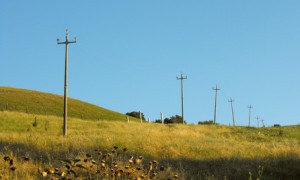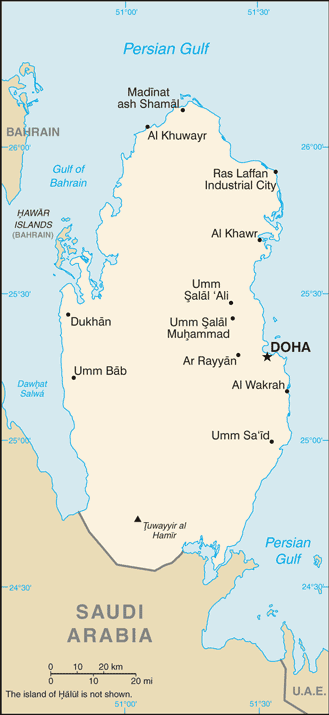 Shaw Communications today announced they are boosting speeds on one of their popular broadband tiers — Shaw Extreme, from 15/1Mbps to 25/2.5Mbps. The current price for the Extreme plan remains the same. So does the monthly usage limit of 100GB.
Shaw Communications today announced they are boosting speeds on one of their popular broadband tiers — Shaw Extreme, from 15/1Mbps to 25/2.5Mbps. The current price for the Extreme plan remains the same. So does the monthly usage limit of 100GB.
Customers appreciate the faster speed, but are not impressed Shaw has continued to limit customers to how much service they can use.
“Now I can hit my 100GB usage cap that much faster,” shares Shaw customer Dan Peek, who lives in Calgary. “Shaw just completed dozens of listening tours, but they are obviously not listening at all. What good are the faster speeds when you are effectively limited from using your broadband account to full advantage?”
Shaw claims the new broadband speeds are part of an effort to unveil new Internet packaging anticipated for early summer.
“It’s an exciting time at Shaw as we begin to create a world-class Internet product, giving our customers the ultimate experience in connectivity and entertainment,” said Peter Bissonnette, President, Shaw Communications Inc. “The Shaw Extreme speed upgrade is just the first spark of a whole new world of entertainment and offerings to come. We’re building the network of the future and our customers are at the very heart of it.”
Shaw also plans to introduce new equipment options, including a new box that will allow customers to access files stored on personal computers on their television set. Shaw’s efforts suggest the company recognizes customers are increasingly interested in accessing multimedia content with their broadband connections. Unfortunately, the company’s usage caps preclude customers from doing more than dabbling.
“It’s a PR effort made for the Canadian government and the Canadian Radio-television and Telecommunications Commission,” offers Peek. “This summer they will be in Ottawa promoting their new broadband speeds as evidence the Canadian ISPs are not the backwater players they’ve always been, all while hoping their usage-based billing schemes will get a pass.”
Peek suggests broadband speed is not Canada’s biggest broadband challenge — the usage caps are.
“If you asked most Canadians if they would prefer 10Mbps service with no cap or 20Mbps service with caps starting at 40GB per month, people will take the slower speed,” Peek says. “Shaw doesn’t seem to understand that basic message.”

Shaw's usage billing shark is still circling western Canada. The company may have increased speeds, but their 100GB usage cap on the Extreme tier remains.
Shaw’s listening tour across western Canada brought “summaries” from company officials that are being criticized by several Shaw customers who were at the meetings.
“I was at one of the Calgary meetings and the “summary” that showed up after the fact was the work of one of Shaw’s marketing hacks,” says Steve, a Stop the Cap! reader. “The one thing they left out of the summary is the fact we do not want these caps and that they are not justified by the facts.”
Steve claims Shaw left customer demands for the end of usage caps out of their summaries, even though many customers brought up how much they hated usage-based billing and caps. But there was plenty of room for customers who asked, “why should low usage customers pay for usage,” something Shaw’s customers in fact don’t do. Another frequent meme from Shaw — “[customers] rejected the idea of subsidizing high bandwidth consumers.”
“That’s Shaw propaganda designed to fix a pre-determined conclusion around their distorted facts,” Steve says. “The company presented charts and graphs with their world view and asked customers to comment on them in a focus group-like setting. If you didn’t know those ‘facts’ were actually company ‘positions,’ you end up debating their numbers on their terms.”
Steve thinks Shaw’s version of “fair” is unique to Canada and would never be accepted in the United States.
“When you have media types parroting Shaw’s claim that practically nobody exceeds their usage limits, it quickly allows the cable company to claim heavy users are abusing the system, necessitating the caps,” Steve says. “Now that Netflix is here, we’re all going to be heavy users now.”
Marie from Burnaby, B.C. confirmed Shaw’s new Extreme speeds were active as of this evening, noting speed test results of 20Mbps downstream and just over 2Mbps upstream once she reset her cable modem. But she considers it of little value because of the usage cap.
“This will help our family when we’re all sharing the connection after school and at night, but since the 100GB cap remains unchanged, those faster speeds invite more usage, which will also eventually bring a higher bill,” she writes.


 Subscribe
Subscribe







